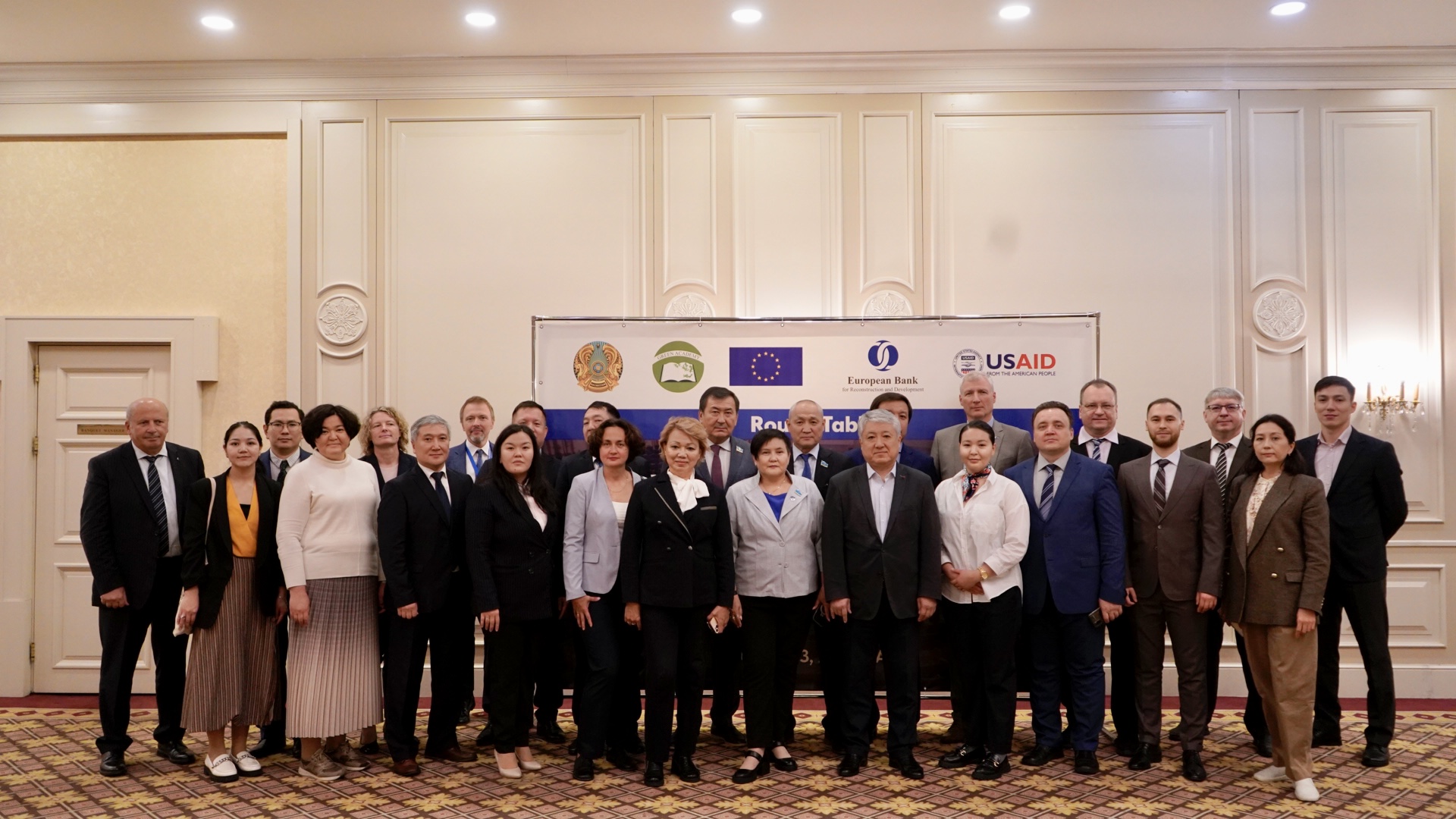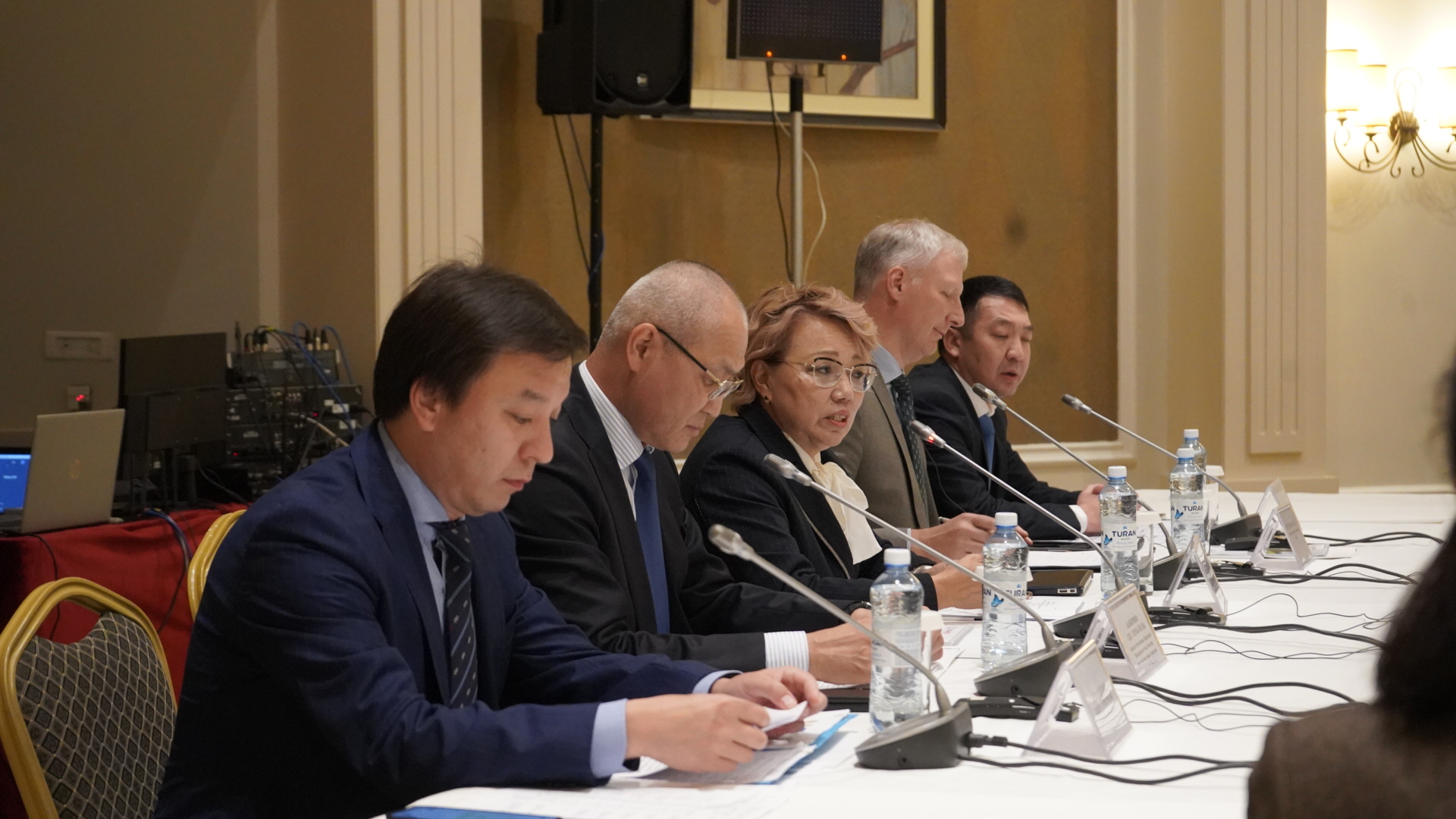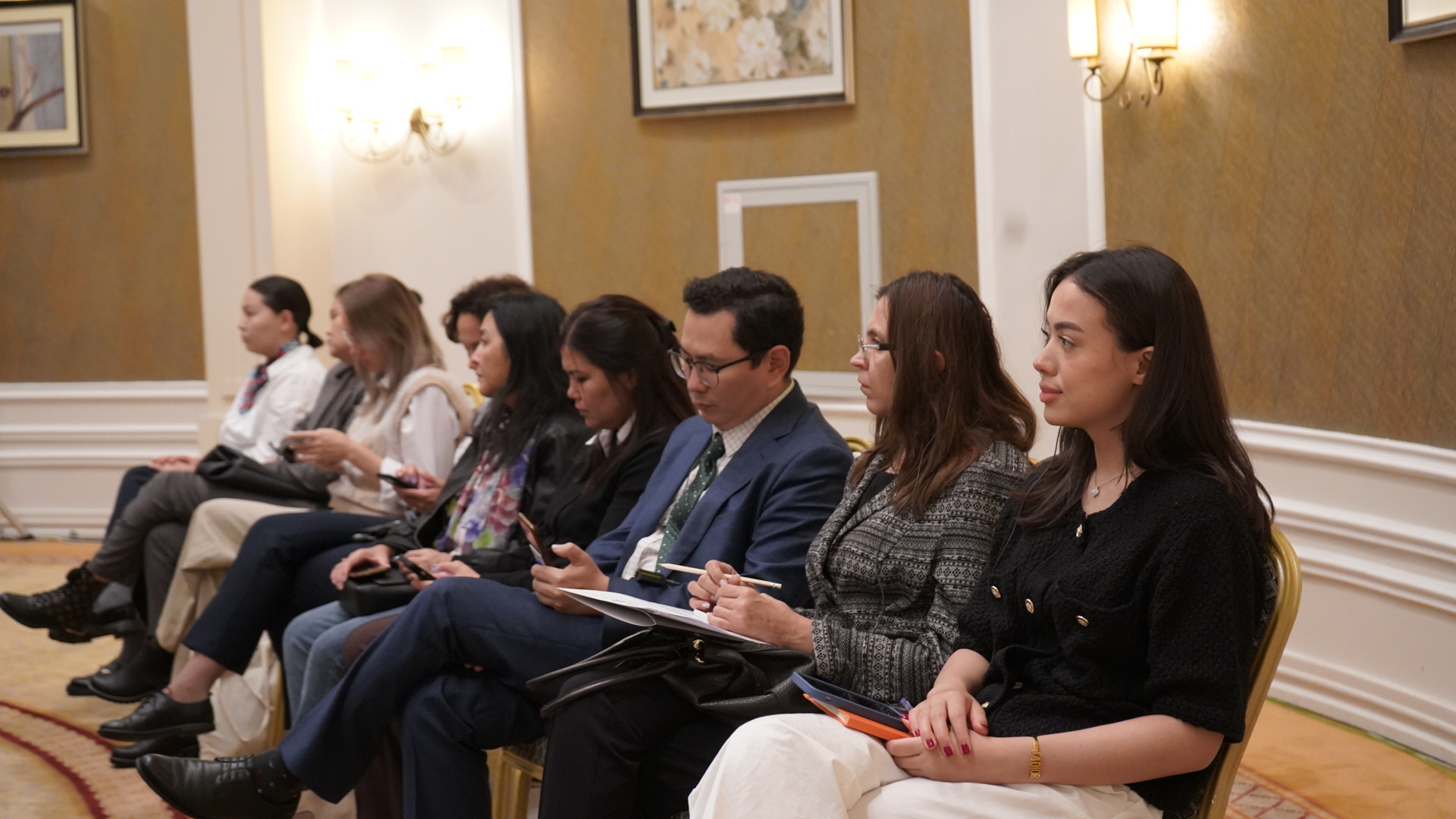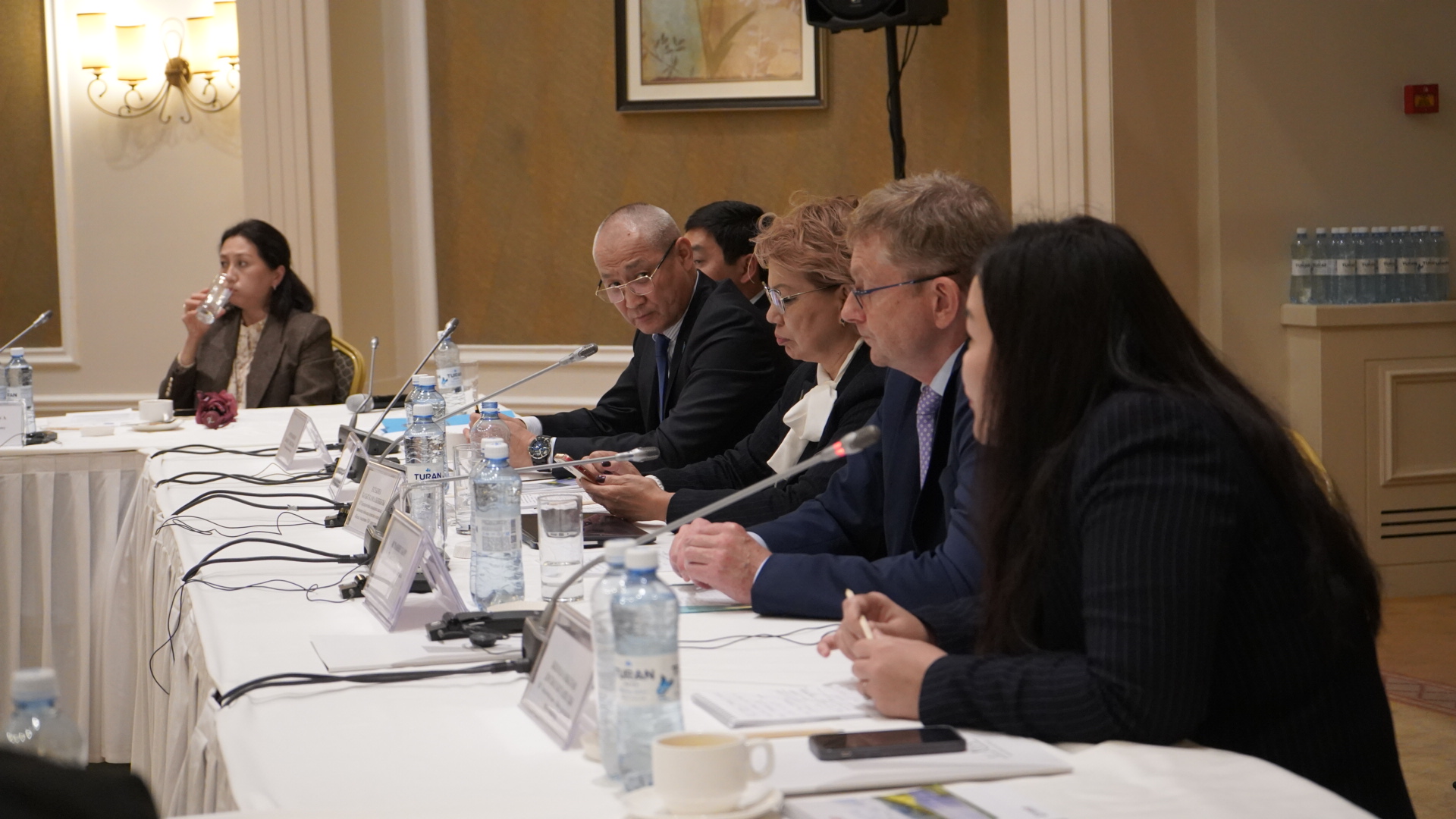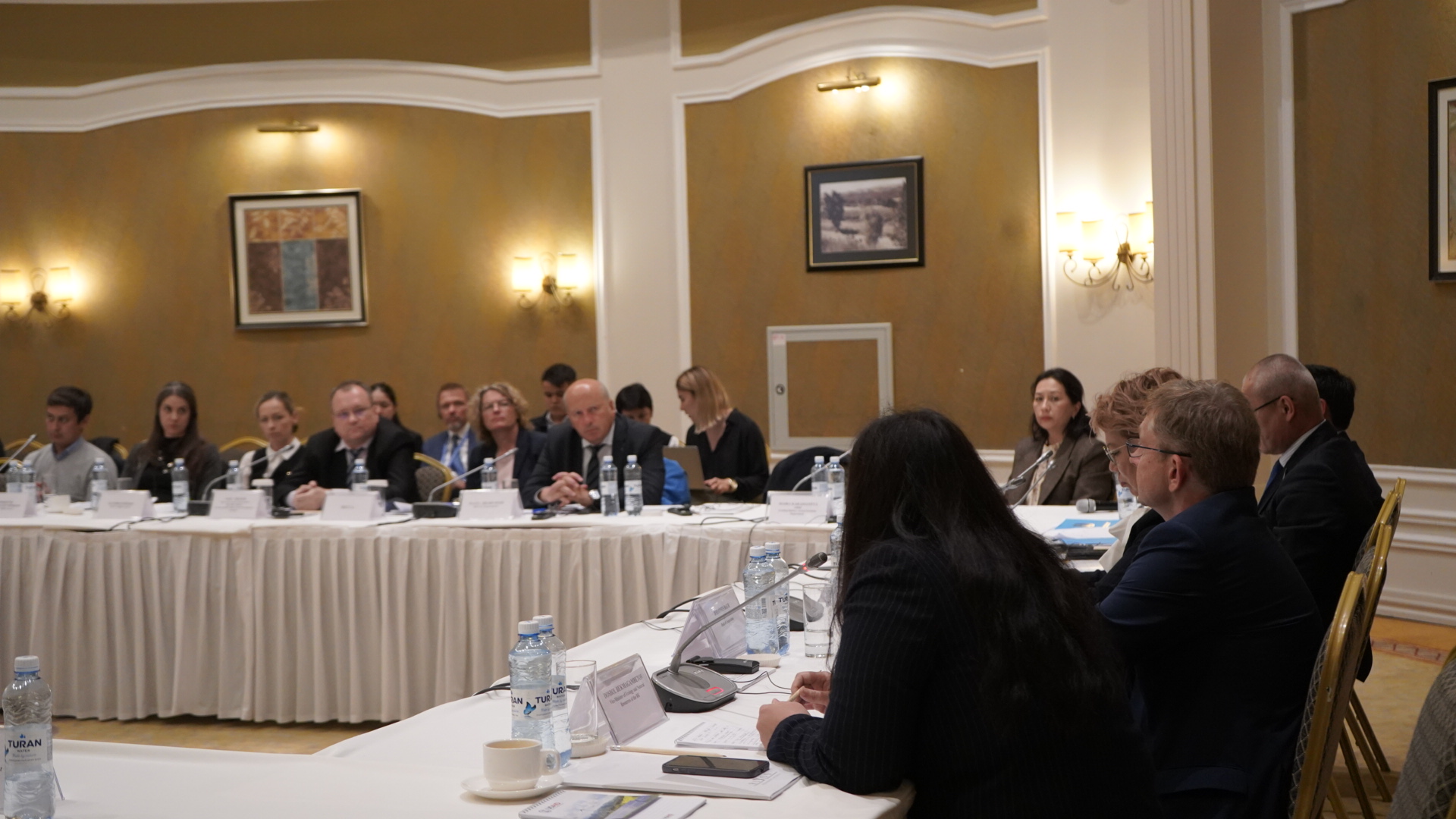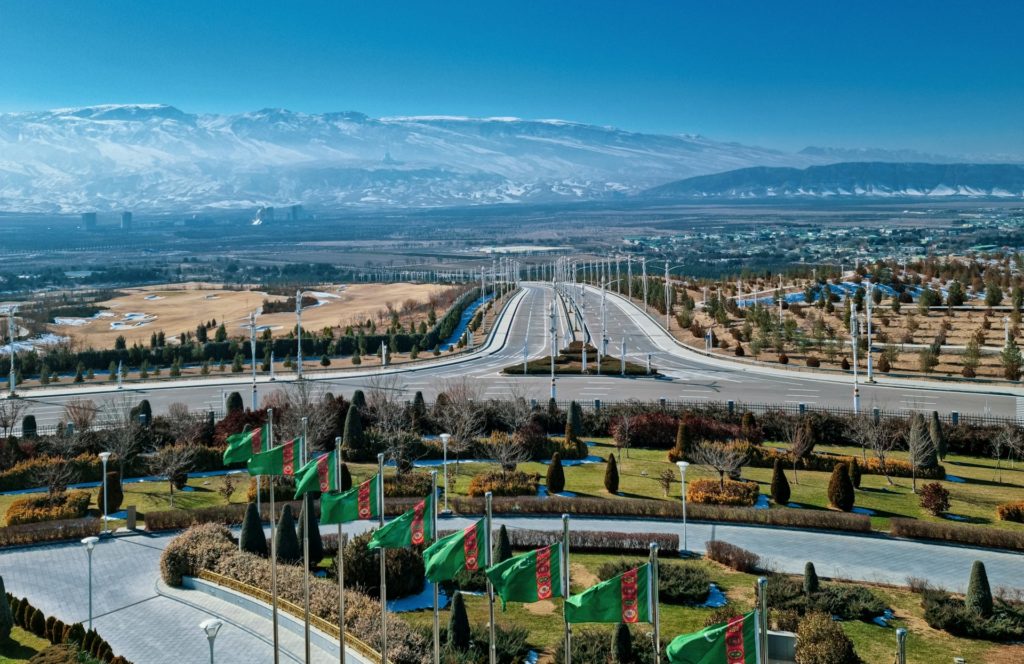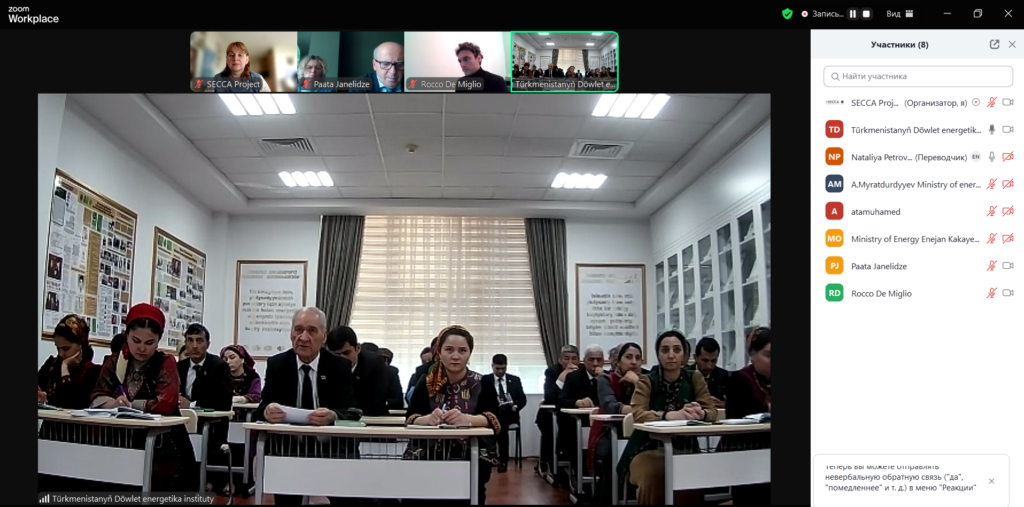Astana, Kazakhstan – Representatives of the Parliament of the Republic of Kazakhstan, national line ministries and government agencies, the European Union (EU), international organisations and partners, national and international experts, business and non-governmental organisations attended the II Political Dialogue “Global Methane Pledge: World Experience and Kazakhstan”.
The Policy Dialogue was organised jointly by the Committee on Ecology and Nature Management of the Mazhilis of the Parliament of the Republic of Kazakhstan, the Ministry of Ecology and Natural Resources of the Republic of Kazakhstan, and the REC “Green Academy”, with the support of the EU, USAID, and EBRD.
The purposes of this meeting were to discuss the international experience of joining Global Methane Pledge (GMP), the results of a country capacity assessment carried out by national and international experts, and the development of recommendations to Kazakhstan ahead of the upcoming 2023 United Nations Climate Change Conference (COP 28).
Led by the United States and the EU, GMP was launched at COP 26 in November 2021 in Glasgow. Its overall goal is to reduce global methane emissions by at least 30% below 2020 levels by 2030. Meeting the GMP target has the potential to make an enormous impact on climate change. It is particularly important to act in the period up to 2030, as sharp cuts in methane can deliver a net cooling effect within a relatively short period. This could keep the door open to a 1.5°C stabilisation in global average temperatures (IEA, 2022). More than 150 countries, signatories to the Paris Agreement, have already joined the GMP.
In Kazakhstan, methane emissions amounted to 2 million 400 thousand tons or 17.6% of the total greenhouse gas (GHG) emissions in 2021. The country’s energy sector is responsible for 49.5% of it, this contribution having increased sharply compared to 30.6% in 2020 (Green Academy, IGTIPC, 2023). Reduction of these emissions is considered in the updated Nationally Determined Contributions of Kazakhstan (NDC) submitted in June 2023, and certain actions have already been undertaken by the Government.
Accession to GMP would enable Kazakhstan to achieve its climate goals, mitigate climate change, prevent environmental degradation, introduce new technologies, as well as to access climate finance.
The EU’s SECCA project will provide support by conducting an analysis of the methane emissions by sectors for 1990-2021, developing of scenarios of changes in methane emissions up to 2030, taking into account NDС. At the meeting, SECCA Team Leader Paata Janelidze presented on the priorities and implementation of GMP in Central Asia.
Following the discussion, the participants presented draft recommendations to the Government of Kazakhstan to achieve climate neutrality by 2060. These recommendations include scaling and decentralisation of renewable energy sources, introduction of Best Available Techniques and Strategic Environmental Assessment mechanisms, support and stimulation of transition of transport from diesel fuel to electricity, improvement of GHG emissions monitoring system, introduction of transparent and effective emissions trading system (ETS) and its integration into international ETS (EU), development of hydrogen, bio and other alternative energy to ensure the country’s energy security.


